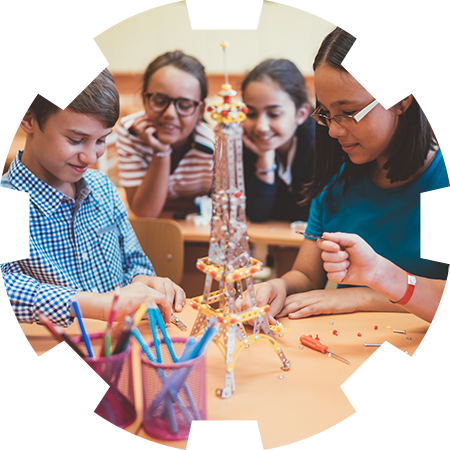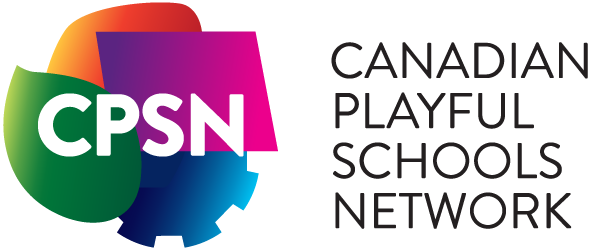The Canadian Playful Schools Network (CPSN) is the first of its kind in the world.
THE ADVENTURE HAS BEGUN!
Follow along our journey. Receive curated news and updates from the CPSN by signing up to our newsletter!
Funded through a grant from the LEGO Foundation, and headed by University of Ottawa researchers, the CPSN is a newly-established network of publicly-funded schools from across Canada that leverage learning through play to improve engagement and well-being for traditionally marginalised students in grades 4 to 8.

About CPSN
The Canadian Playful Schools Network is headed by University of Ottawa researchers. They are dedicated to connecting and supporting schools and educators across Canada that have designed innovative programs and activities to encourage student learning through play in the middle years.
The CPSN interactive map shows the location and profile of all participating schools for the year 2022-2023. You can find a link to the map here.
News & updates
-
Spotlight on… École Monseigneur de Laval in Regina, Saskatchewan
**Article originally published in French.** It all started with a request from the students to perform… École Monseigneur de Laval is the second French-language school to open in Saskatchewan, and […]
-
Spotlight on North Gower : a Filmmaking Journey
I (Alice) had the pleasure of meeting virtually with the team from North Gower. We discussed their filmmaking journey, from the music creation, to writing a story line, to filming […]
-
“We want to move towards inclusion through engagement” : Spotlight on Biggar Central School in Saskatchewan
Coming in with open minds and open hearts to support a wide learning community! This school community is in the center of a rich agricultural area with students bussing in […]
Why learning through play?
Play is a highly evolved mechanism for human health, well‑being and development. Play promotes curiosity, creativity, imagination, self‑confidence, self‑efficacy, emotional regulation and expression, as well as physical, social, and cognitive skills.
The LEGO Foundation has identified five essential characteristics of playful experiences that support deep learning. An activity is considered playful if it…
- helps students find meaning in what they are doing or learning;
- enables children to become deeply engaged;
- includes iterative thinking processes like tinkering, experimentation and hypothesis-testing;
- promotes social interaction, and
- is experienced as joyful.

Modes of play: green, screen, machine and everything in between
The CPSN is dedicated to deepening and broadening pedagogies of play across three modes: green, screen, and machine. Everything in between refers to the foundational importance of place, language, and culture in understanding learning through play.
The goal is to improve student engagement and well-being in grades 4 to 8 in order to advance children’s learning and development, especially with and for groups who have been traditionally marginalised from systems of schooling and/or underserved by schools.
